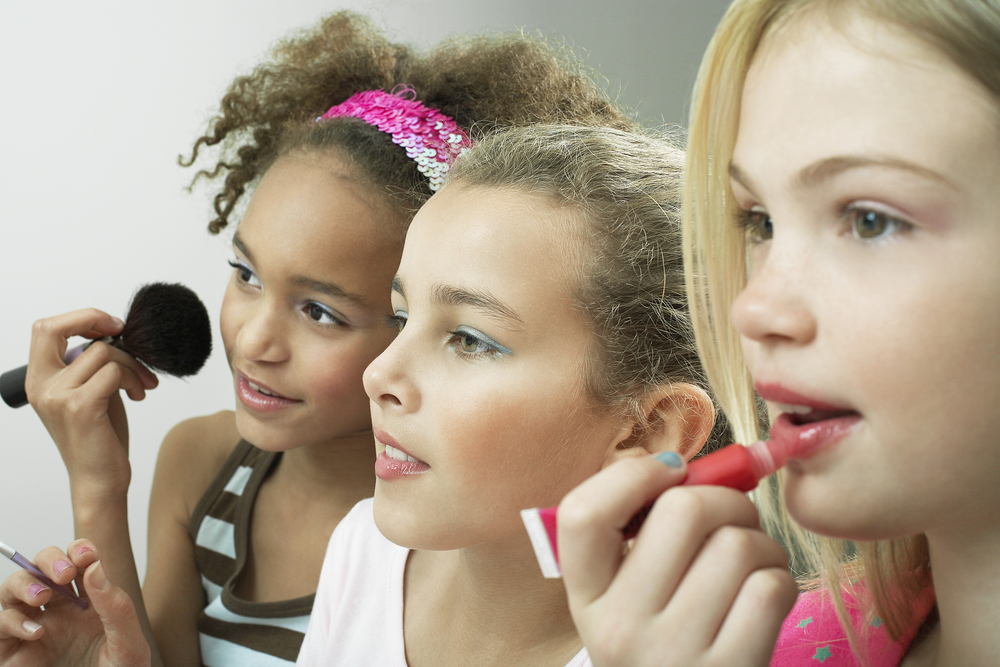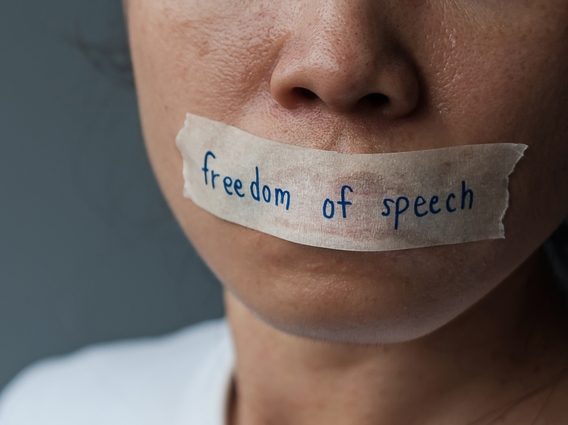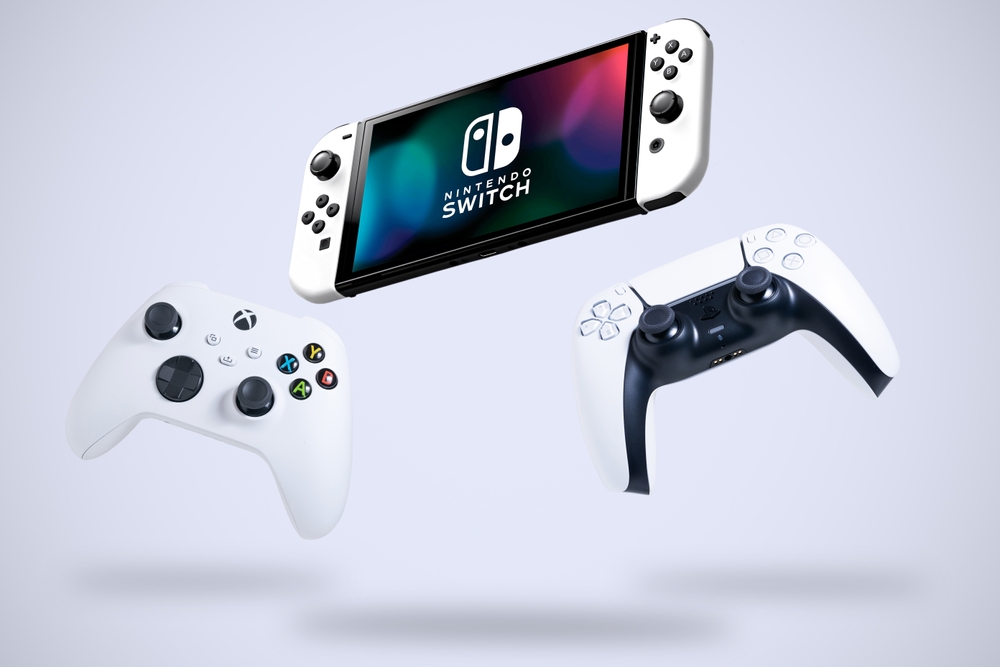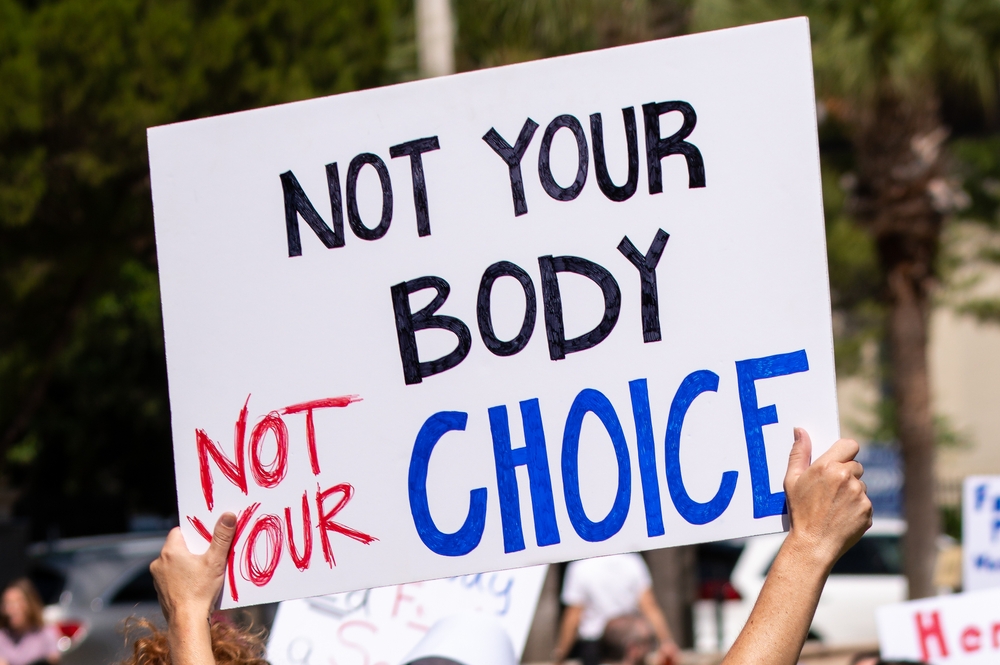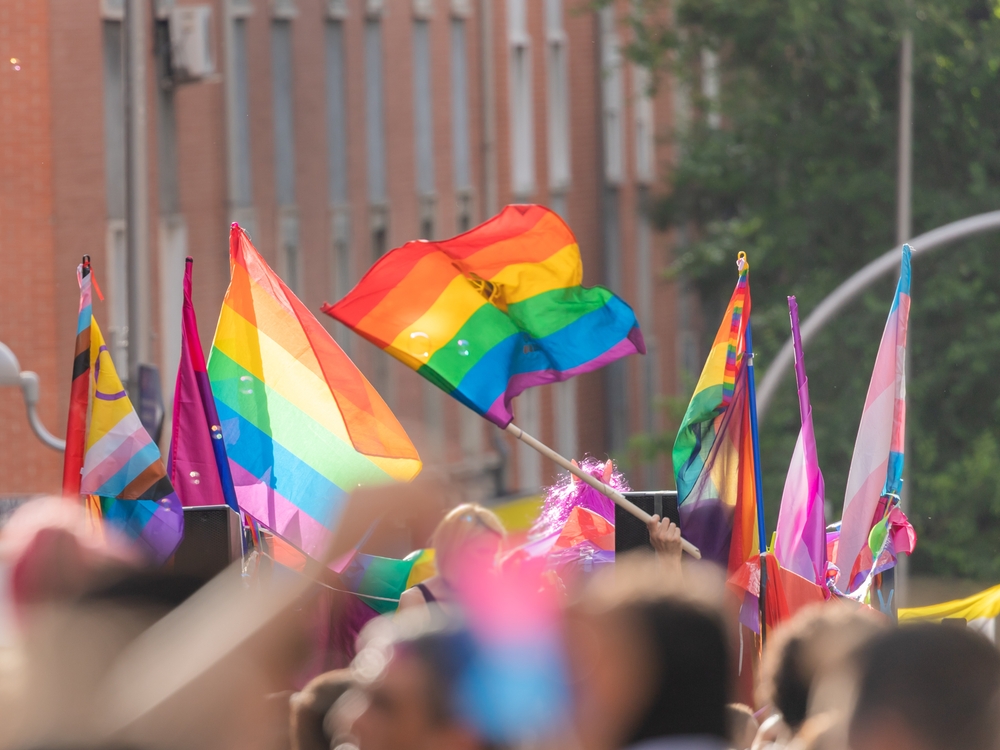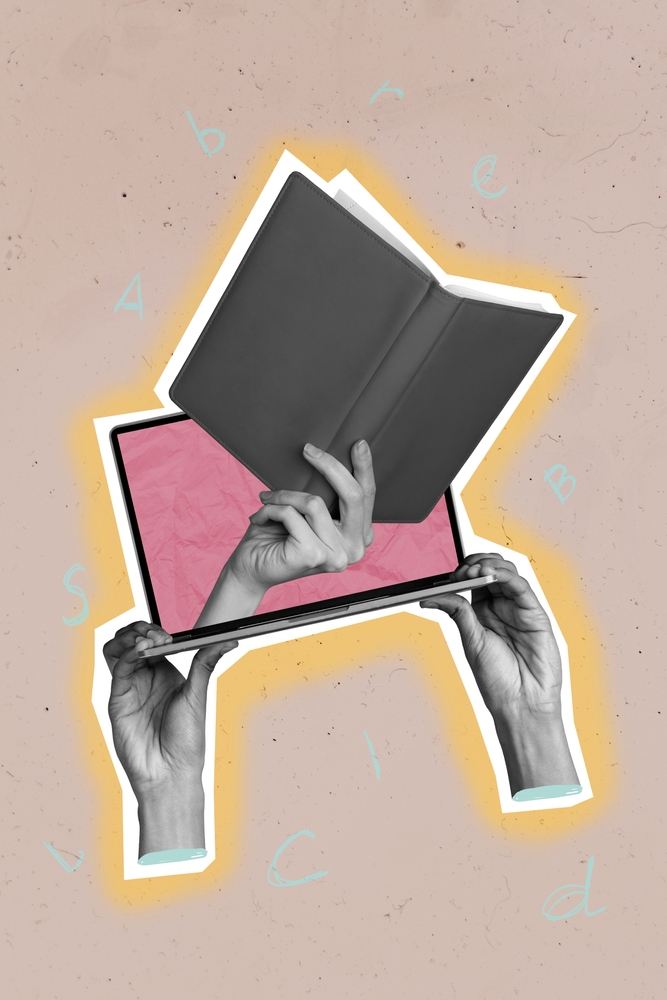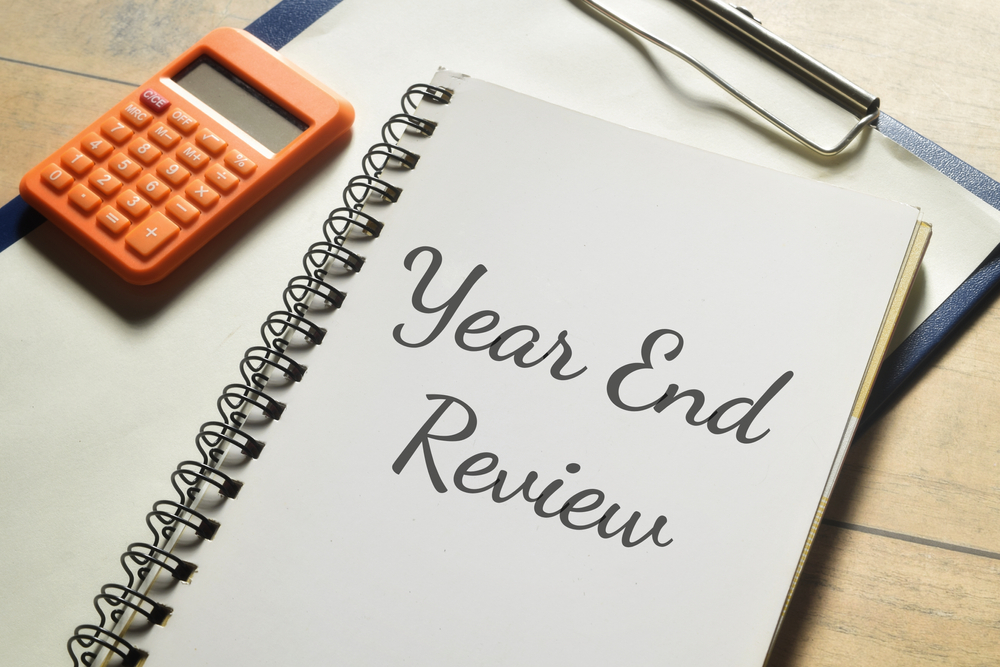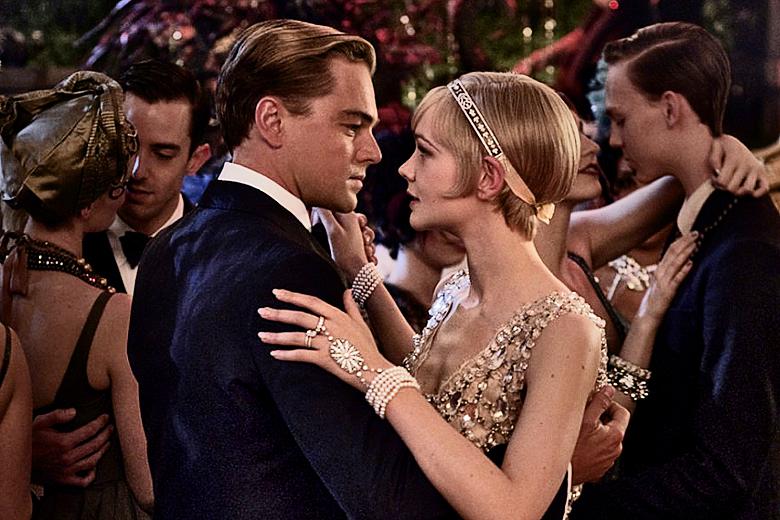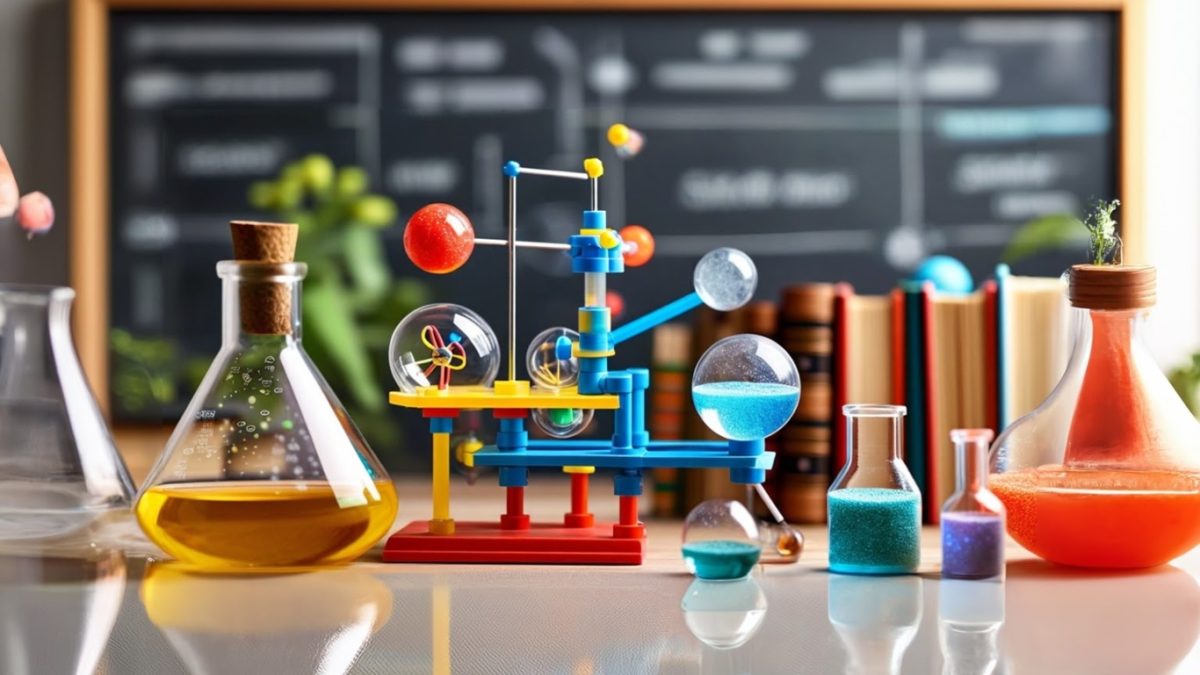Our society is obsessed with youth. Girls wear makeup to look older and prettier because everyone else is doing it. Women are getting Botox at 33 and wear makeup to look 10 years younger. Teenage girls put ribbons in their hair to remind them of their youth. Facelifts remove wrinkles, and fillers plump lips. It feels like very few are content with their age and appearance.
But if 40 is the new 50, 10 is the new 18.
There has been an uprising of beauty and skincare treatments in younger generations, and social media is a factor in disseminating this trend. As a result, the complicated relationship we have with age is exacerbated by social media’s influence on the female segment of consumers, specifically young girls.
It’s a sad, dystopian reality that won’t stop until we tackle it face on: We need to stop being ashamed of our age.
Our obsession with beauty is encroaching on the habits of an ever younger demographic. This young consumer views skincare and makeup as a hobby and does not understand how the benchmark for unreachable beauty standards is now higher, younger and more illusive.
Ten-year-old Maggie is interested in makeup and skincare. It’s important to note this fifth-grader’s routine is not incredibly intense. Maggie’s routine is similar to a lot of kids her age.
“[My routine is] washing my face with my Bubble cleanser … [I] spritz my face with my Mario B. aloe, cucumber, green tea facial spray. … [I use] Dior Lip Oil pretty much every day. On weekends I’ll put on my Drunk Elephant Goldi, Bronzi, and Rosi drops. If I do have any of that on, I use my Drunk Elephant micellar water to take it off before washing my face and moisturizing with Bubble. … I also love my Amika Normcore shampoo and conditioner, and to spritz myself with just a tiny bit of Sol De Janeiro #40,” Maggie said.
And yet, she said that the majority of the girls in her grade (and younger!) seem to be really into makeup and skincare. I recently spoke to a mother who says that “her six-year-old makes “skincare smoothies” and records herself.”
Amelia Elliott, a 17-year-old senior attending Montclair High School has a huge passion for makeup and skincare.
“When I was 13 is when I learned how to do eyeliner and I’ve loved doing makeup ever since,” Elliott said.
Elliott was not much older than the kids experiencing this beauty industry firsthand, although it does range from kids six to ten.
I didn’t start experimenting with makeup and skincare until I was 13 and even then it was minimal. Six, seven, and eight-year-olds are already doing more than I did when I was in middle school.
The biggest concern is how this hobby escalates. There is nothing wrong with being into beauty and skincare as a kid. In fact, it’s understandable. Whether it is a trend, or they’ve seen something they like on social media and wanted to recreate it, we shouldn’t penalize children for wanting to experiment.
“I am very concerned for future generations. Younger kids are so much more easily manipulated by the media and believe the lies it presents. This could allow for insecurities to be developed sooner which could amplify mental health struggles.” Elliott said.
As social media continues to grow, integrating its presence everywhere, there’s no surprise that younger kids have been exposed to it – but how much damage is it doing? Women’s Health from Bio Med Central reported that teenage girls are experiencing appearance-related anxiety and depression more than they used to when social media didn’t have such an impact. Now, I don’t mean to be a hypocrite. I got Instagram when I was 11.
“I think it’s understandable for kids to wash their face and moisturize, and then wear sunscreen in the summer. But the overload on smelly serums and $40 concealers is ridiculous. Little kids do not need a Chanel blush or those drunk elephant drops.” Elliott said.
What concerns me is how our younger generations will grow up. Children’s Hospital of Orange County reported that the prime years to socialize and develop interests are the years between six and nine.We must explore how our actions will affect tweens and teens alike. Kids are using skincare products before they even have a pimple. What began as small beauty steps when adults were younger like a little spritz of perfume, or a little bit of lip gloss, has escalated into full-blown makeup routines and skincare smoothies for young kids.
These are unneeded, “preventative” skincare routines. The issue is how it escalates from washing your face once a day to 12-step skin product routines to lip-filler at 20. (This isn’t innately harmful, but it’s interesting to see the actions new generations take to maximize their looks compared to older generations at our age.)
Older generations experimented with their forms of beauty when they were younger (fake tans, hair extensions, the classic Y2K). The difference is the lack of social media to create that potential for comparison, and disappointment and creating a bigger, more harmful beauty industry than it already is.
Furthermore, even if older generations experienced somewhat similar beauty needs when they were younger (albeit, most of them were in their teens, not eight) why should we let history repeat itself?
If older generations know how harmful the beauty industry can be at such a young age like the prominent rise of body issues in the 2000s many women fell victim to, shouldn’t we put more effort into preventing these issues instead of purchasing them?
Beauty is power, and that isn’t necessarily an opinionated statement. Physical attractiveness is one of the defining aspects of first impressions for people, which can alter how people treat you afterward. PsychologyToday.com shows that we assume attractive people are healthier, wealthier, more successful, and overall better which is called the halo effect.
The competitive need for beauty creates a toxic environment among teens. It naturally puts people against each other. Everyone wants to be better than the other, and social media certainly shows the best parts of each other. If social media shows the “perfect skin” or the “perfect makeup” or the perfect “whatever” and we attempt to achieve that, how will we be disappointed? Will the attempts to make us more attractive in turn lead to insecurity? There’s nothing wrong with self-care, self-love, and treating yourself. But comparing yourself to others, and changing yourself for the sole purpose of one-upping each other causes danger.
“A lot of kids in my grade have TikTok and Snapchat. Some have Instagram, and one person I know also has a Facebook account on top of all of the other social media she has. Many girls in my grade, and even younger, are now interested in makeup and skincare. Everyone likes to compare what they have and want. Girls love to tell you if they have something you don’t.” Maggie said.
The latest TikTok trend I’ve seen is girls posting a picture of themself crying with the caption “Seeing my ex with a new girl” and then the next slide is “Realizing I ‘mog’ her.” Mogging is when you are placed next to an unattractive person and you automatically look more attractive by comparison. Why are you putting down other girls to lift yourself up? From what the rest of the internet can see, the only thing this ex’s new girl has done is date your ex. If anything, you should be upset at your ex, and not the girl. There was such an uprising of feminism “girl boss” and “girl power” and lately social media is putting us against each other.
I don’t want to come across as blaming all parents for buying their kids makeup, calling eight to ten-year-olds toxic or conformation, or even trying to sound like I’m the only “woke” person in a world full of ‘mindless beauty drones.’ This isn’t a direct commentary on parents or kids, but harmful beauty culture itself. We cannot point fingers at anyone but ourselves and the companies controlling the market for makeup.
It isn’t easy to wake up one day and decide to no longer fit in with society’s beauty standards, social norms, and trends. Our current reality with fear of age, fitting in, and looking presentable has been a long engraved issue since we deemed what “normal” even was. Perhaps it’s time to dig deeper into the beauty industry and its effect on our young generations.

